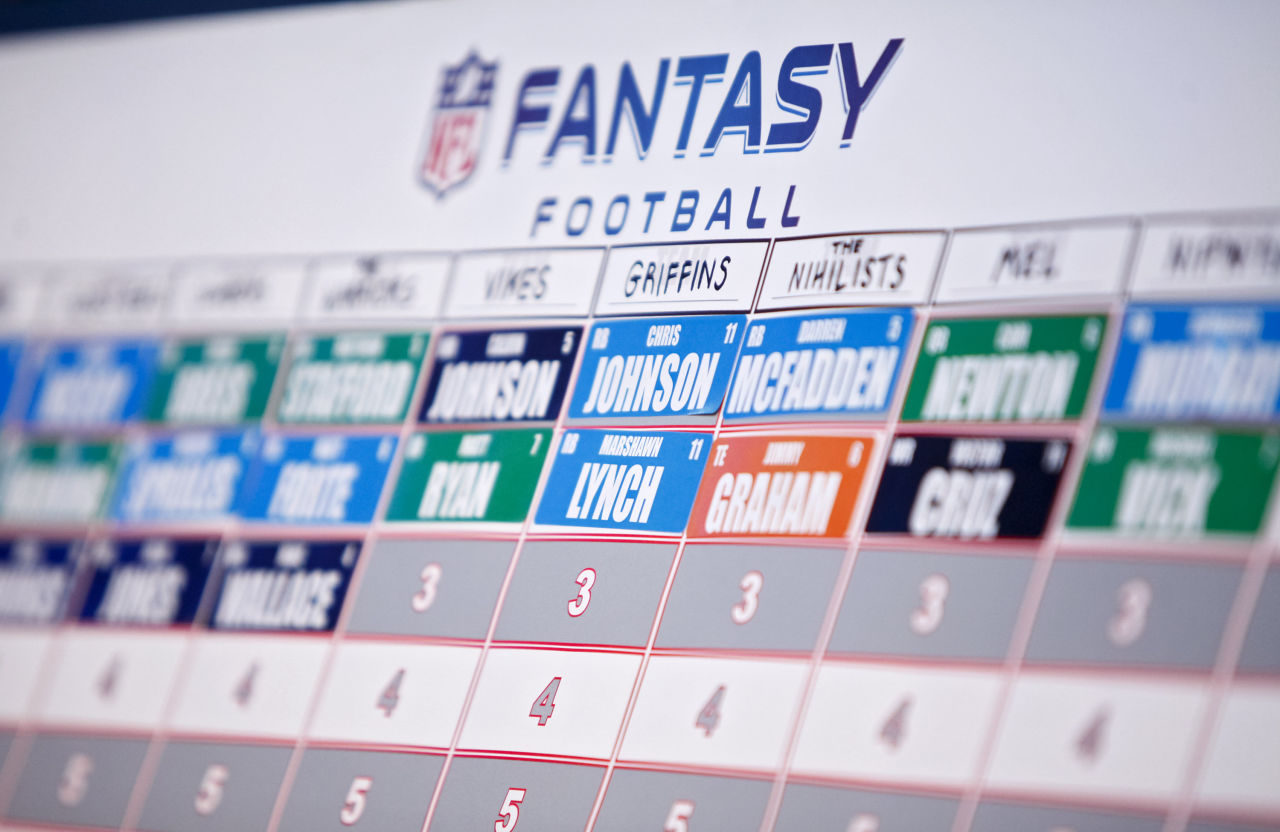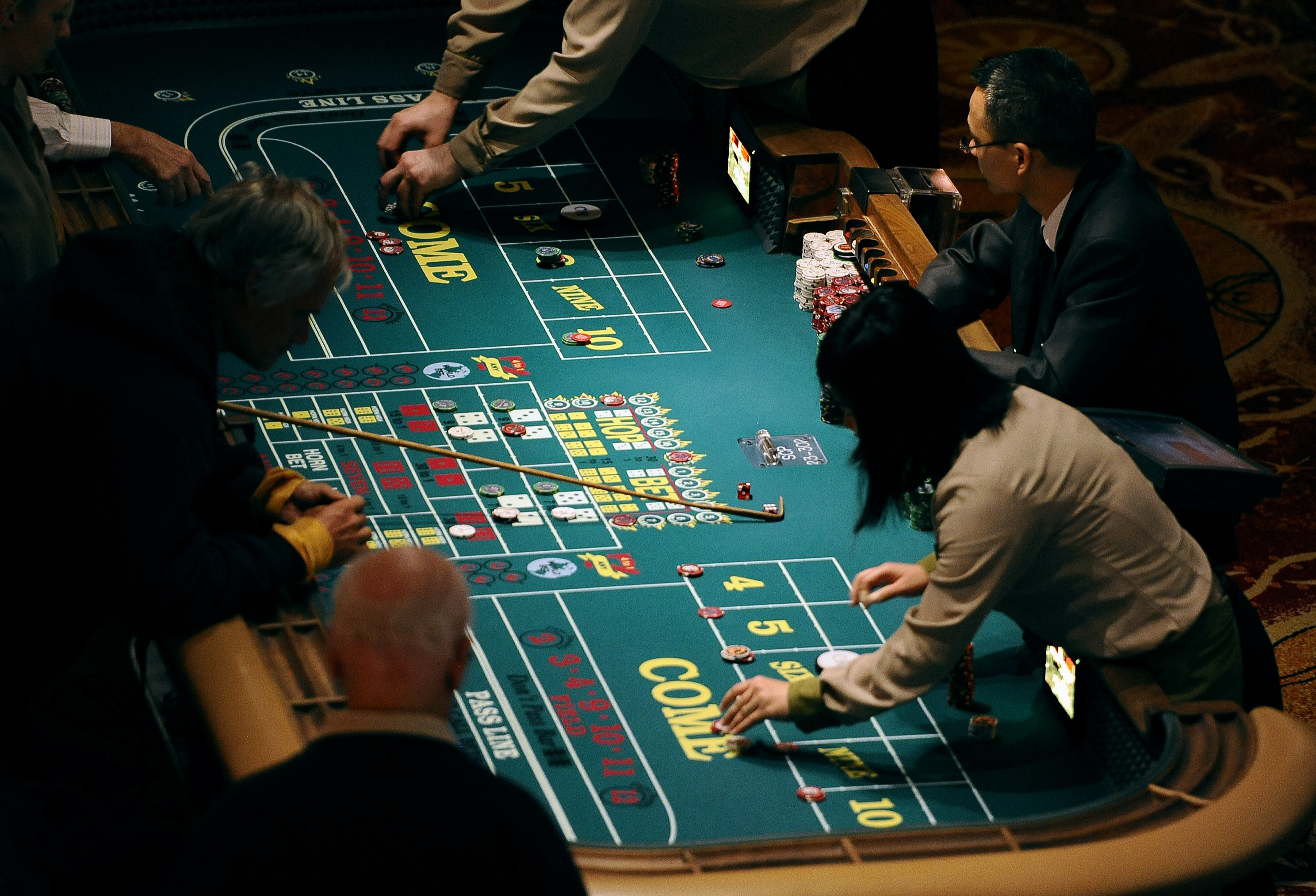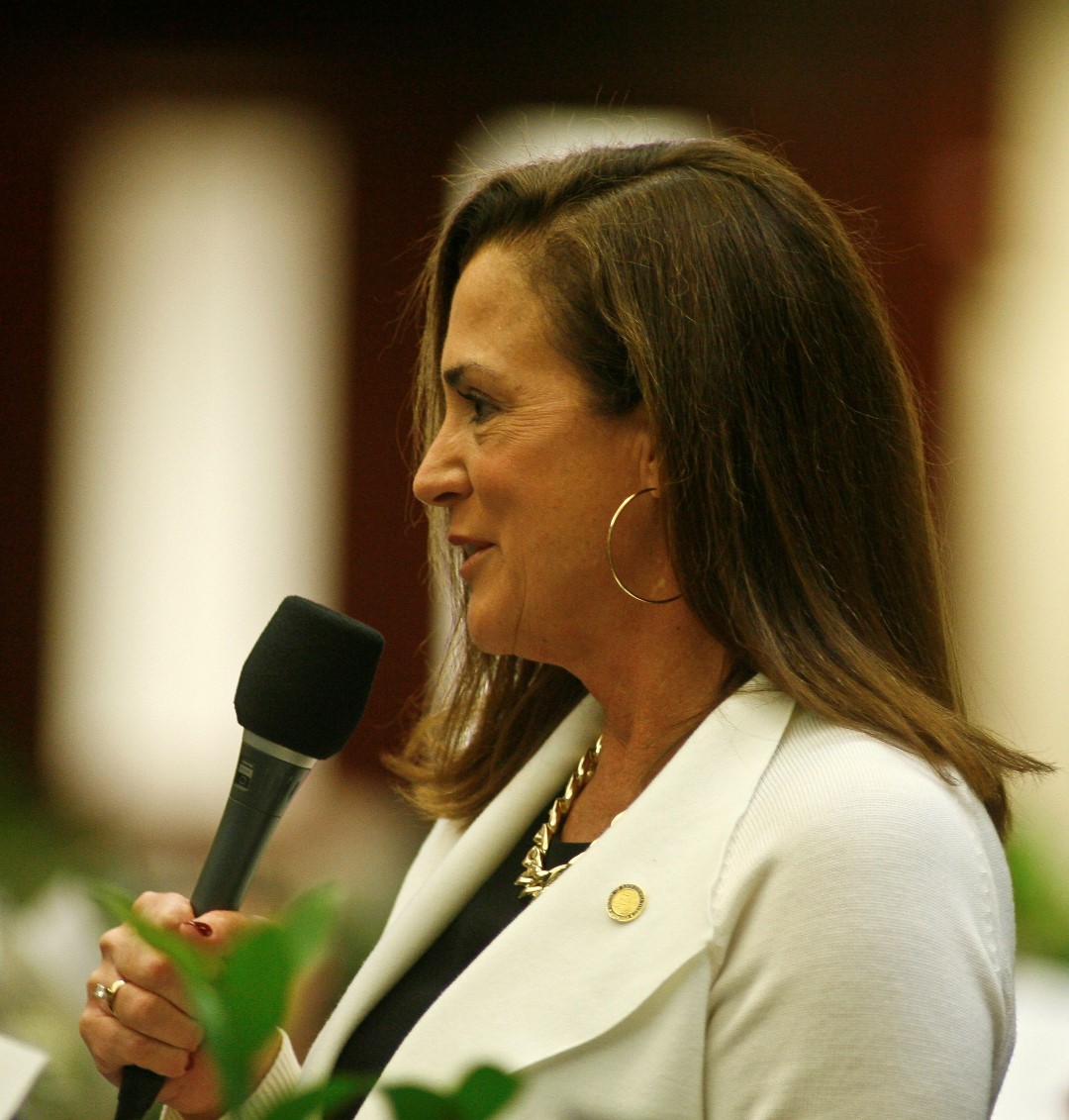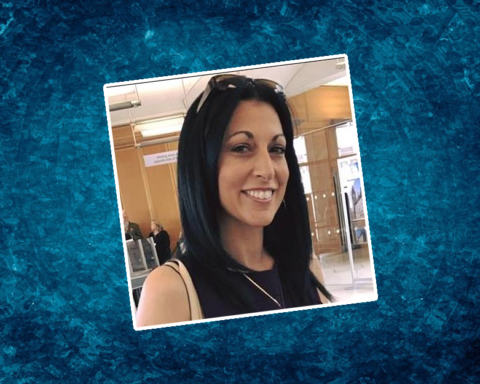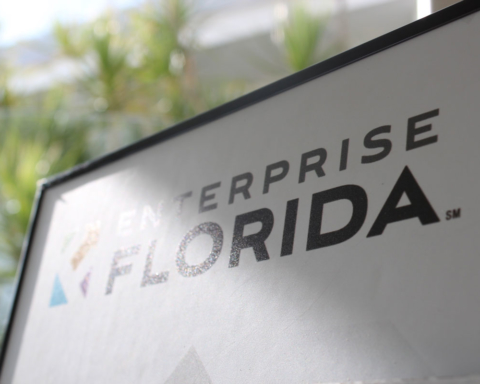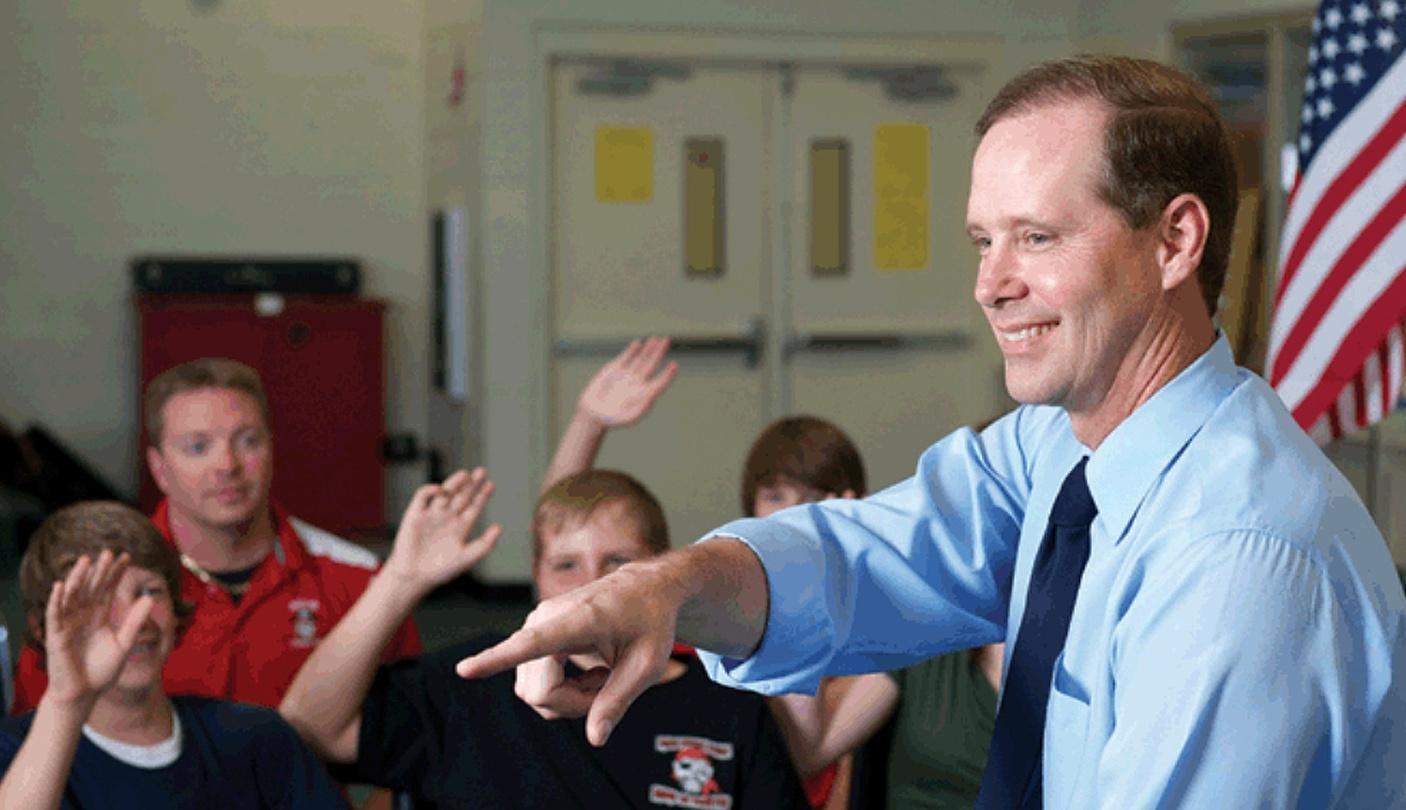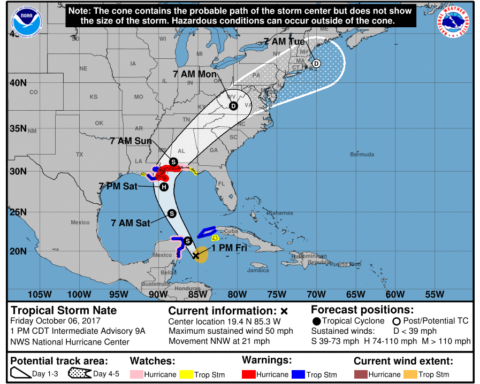A Tallahassee judge has agreed to hear arguments on why he should reconsider his ruling that stand-alone consoles known as “pre-reveal” games are not illegal slot machines.
Judge John Cooper set a hearing for June 19 in the Leon County Courthouse, court dockets show, after the Seminole Tribe of Florida asked to intervene.
The move also puts a hold on an appeal filed in the 1st District Court of Appeal by the Department of Business and Professional Regulation (DBPR), which regulates gambling.
The Tribe will argue that Cooper’s decision “upends the Compact,” the 2010 agreement between the Tribe and the state for exclusive rights to offer certain gambling in return for a cut of the revenue. That could cost the state “multi-billions of dollars.”
“The court’s decision would lead to an unprecedented expansion of slot machine gambling in the state, destroying the exclusivity that the Tribe bargained for,” says a memo by Barry Richard, the Tribe’s outside counsel in Tallahassee.
As one person in Florida’s gambling industry, who asked not to be named, said after the ruling, “I see a giant wave coming … My phone is blowing up from people (at pari-mutuels) who want” pre-reveal games.
Lawmakers, who failed to agree on comprehensive gambling legislation this year, also were concerned the games would soon inundate bars, restaurants and even “family fun centers,” where they could be played by children.
The devices look and play like a slot machine, Cooper reasoned, but don’t fit the legal definition of gambling because the player always knows whether he or she is a winner or loser.
Players must “press a ‘preview’ button before a play button can be activated,” his March order explained. The outcome of the next game is always known, thus it’s not a game of skill or chance, he said.
In his memo, Richard suggested Cooper misunderstood the game play: “The player is not wagering for the already revealed outcome, but rather on the next outcome, which is unknown.
“Players are not … merely spending money to see spinning reels and flashing lights,” Richard wrote. “Rather, it is a slot machine, with which players are wagering on an unknown, unpredictable outcome” that they may or may not win.
Other states, including Indiana and North Carolina, have found pre-reveal games to be illegal gambling, he added.
The Seminole Compact “guaranteed the Tribe substantial exclusivity in the operation of slot machines and other forms of casino gambling.” Now, slot machines outside the Seminoles’ casinos are allowed only at pari-mutuel facilities in Broward and Miami-Dade counties.
And that exclusivity was required for the agreement to be agreed to by federal Indian gaming regulators, Richard said.
Otherwise, “the Tribe has the right to suspend all payments until such gaming ceases,” he wrote. That could cost the state “multi- billions of dollars,” he added.


